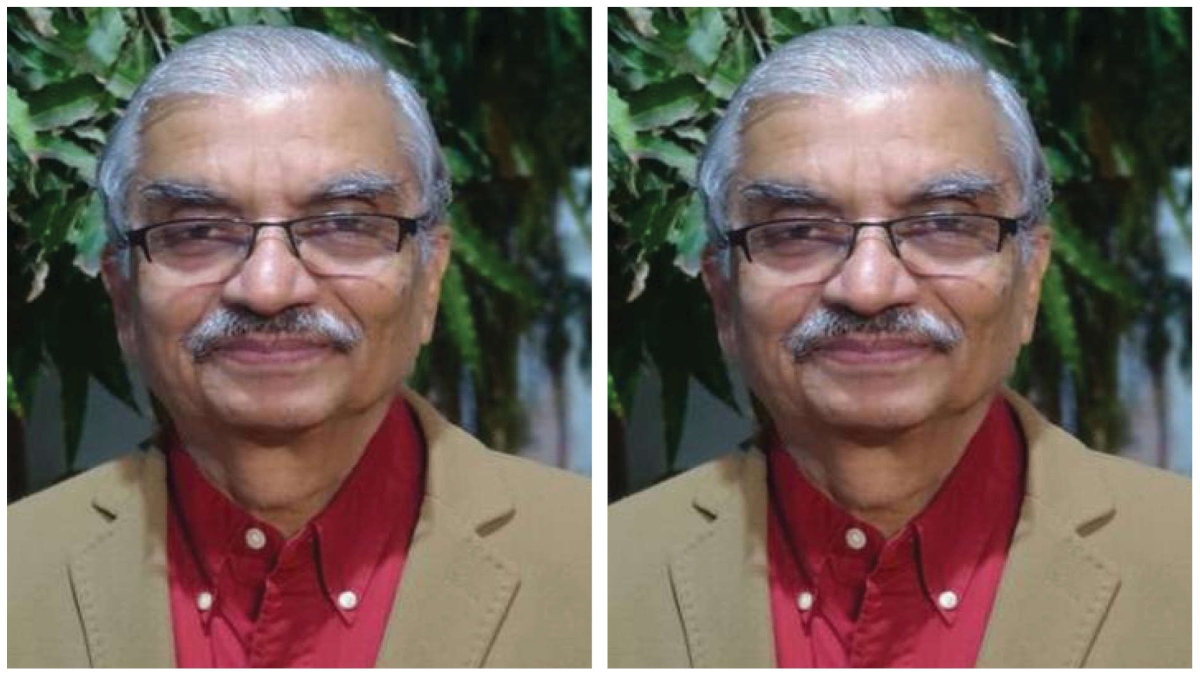


Once the Covid-19 vaccination drive for children commences in India, priority would be given to children with comorbidities however severe, said National Immunization Technical Advisory Group (NTAGI) Chairperson Dr NK Arora. In an interview with ANI, Dr Arora said, “We are going to prioritise Covid-19 vaccination for children with severe comorbidities and comorbidities so that we immediately immunise them and rest of the children who are healthy can be immunised subsequently.”
While speaking on how to prioritise the vaccination for children, Dr Arora stated, “We are working on that and we are trying to identify those who are at highest risk of getting the severe disease and the need for hospitalisation. Within the next couple of weeks, the list will be available in the public domain. In addition, we are also making arrangements at different parts of the country so that these children do not have to travel and within their district, the vaccine is made available.”
Earlier in August, the Drugs Controller General of India (DCGI) had approved Zydus Cadila’s DNA vaccine for emergency use in adults and children aged 12 years and above. Now, the vaccines are waiting to be introduced in the national vaccination programme.
In the month of June, WHO-AIIMS in a joint survey found out that seroprevalence was 55.7 percent in the age group below 18 years and 63.5 percent in 18 years and above. Further, the study noticed that there was no statistically significant difference in prevalence between adults and children.
Earlier in September, schools in the national capital for classes 9 to 12 re-opened after a prolonged closure due to the Covid-19 pandemic. In the context of school reopening, Dr Arora said, “Children are vectors. They spread the infection but they themselves do not get infected. So it is important that adults who are surrounding them—be it family members, teachers, non-teaching staff—they need to be immunised and surrounded by a ring of protection.”
In addition, he stated, “Our national target is to immunise all adults. We have reached half the landmark. Once adults are immunised we have about 44 crore children below 18 years of age and we are prepared for giving immunisation to children at the same speed.”
According to Dr Arora, seropositivity results are showing an almost similar level of exposure to the virus however the disease symptomatic infection or severe disease is very uncommon in children, particularly below ten years. “In fact, it is estimated that as compared to those who are above 18 years of age, the risk of severe disease, hospitalisation and death is almost 1/15th of those who are older than adults,” Dr Arora noted.
Union health secretary Rajesh Bhushan in a press briefing stated that Zydus Cadila’s Covid-19 vaccine will soon be introduced in the national vaccination programme. ZyCoV-D is a needle-free vaccine manufactured by Ahmedabad-based Zydus Cadila. Till date, this is the only vaccine that has received Emergency Use Authorisation (EUA) for administering in children between 12 to 18 years of age group.
“In addition, India is also preparing other paediatric vaccines so that we can immunise the rest of the child population. In Covaxin trial patient recruitment is over and the result should be available this year. Novavax’s Covid-19 vaccine, Covovax by Serum Institute of India (SII) which is for five to 17 years is under process and there will be another vaccine for children immunisation. By the end of the year all these results will be available so that when we enter next year, we have two or three options for our child population,” stated Dr Arora.